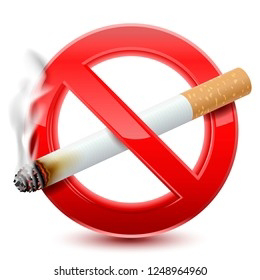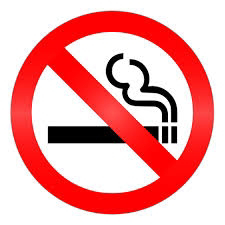The Harsh Reality
Before we dive into the solutions, let's confront the truth. Cigarettes are a deadly addiction that slowly poisons your body. Every puff you take brings you closer to a host of diseases, including cancer, heart disease, lung disease, and stroke. Your life expectancy is dramatically reduced. You’re not just harming yourself; you're also subjecting those around you to secondhand smoke.
The Psychological Addiction
Nicotine, the addictive substance in cigarettes, hijackes your brain's reward system. This is why quitting is so challenging. It's not just about the physical dependency but also the psychological one. You've associated smoking with stress relief, social interactions, and even pleasure. Breaking these habits is crucial.
Crafting Your Quit Plan
- Make a Firm Decision: The first step is acknowledging your desire to quit. It's a personal commitment to your health and well-being.
- Set a Quit Date: Choose a date that feels right for you. Give yourself enough time to prepare mentally and physically.
- Build a Support System: Tell friends, family, or a support group about your decision. Their encouragement will be invaluable.
- Identify Triggers: Pinpoint situations or emotions that make you crave a cigarette. Understanding these triggers helps you develop coping strategies.
- Find Healthy Alternatives: Explore activities that can replace smoking. Exercise, meditation, hobbies, or spending time in nature can be effective distractions.
Overcoming Withdrawal Symptoms
Withdrawal is a normal part of quitting. Symptoms can include irritability, difficulty concentrating, increased appetite, and insomnia. Here's how to manage them:
- Nicotine Replacement Therapy (NRT): Patches, gum, lozenges, or inhalers can help reduce cravings.
- Prescription Medications: Varenicline or bupropion can be effective when used as prescribed. Consult your doctor.
- Healthy Eating: Opt for nutritious foods to stabilize your mood and energy levels.
- Regular Exercise: Physical activity boosts endorphins, which can alleviate withdrawal symptoms.
- Sufficient Sleep: Prioritize rest to improve your overall well-being.
Mastering Cravings
Cravings are temporary. Here are techniques to overcome them:
- Deep Breathing: Take slow, deep breaths to calm your nervous system.
- Distraction: Engage in activities you enjoy to shift your focus.
- Mindfulness: Pay attention to your body's sensations without judgment.
- Positive Affirmations: Remind yourself of the benefits of quitting.
- Avoid Triggers: Stay away from situations or places associated with smoking.
Relapses and Recovery
It's okay to slip up. Don't let one setback derail your progress. Learn from it and get back on track. Remember, quitting is a journey, not a destination.
Celebrate Your Success
Every smoke-free day is a victory. Reward yourself for your accomplishments. Treat yourself to something you enjoy, whether it's a new hobby, a spa day, or a donation to a cause you care about.
Long-Term Benefits
The rewards of quitting smoking are immense. You'll experience improved lung function, increased energy, better sleep, and a reduced risk of serious diseases. Your sense of taste and smell will enhance, and your skin will look healthier. Most importantly, you'll be adding precious years to your life.
Remember: You're not alone in this journey. Millions of people have successfully quit smoking. With determination, support, and the right strategies, you can achieve your goal of a smoke-free life.
Would you like more information on specific topics like nicotine replacement therapy, support groups, or dealing with social pressures to smoke? Email us at kagamefresco@gmail.com
Written By Kagame Karekezi Fred













Comments
Post a Comment